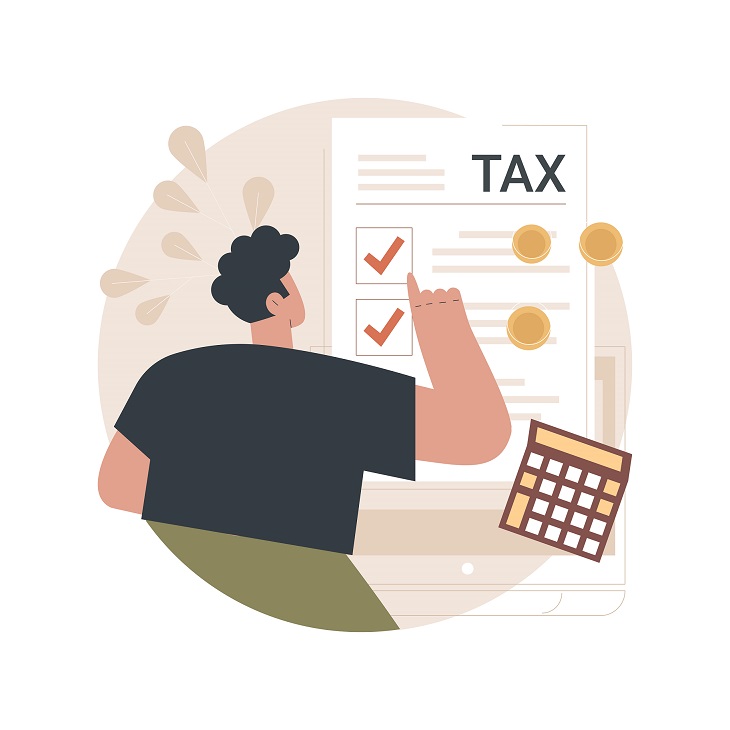Using Pay Stubs for Loans: Complete Beginner Loan Application Guide
Introduction: Why Using Pay Stubs for Loans Matters
For beginners applying for loans, using pay stubs for loans is a crucial step in proving your income. Lenders rely on pay stubs to verify employment, assess repayment capability, and ensure that your loan application is credible. Submitting accurate pay stubs, preferably generated with a trusted pay stub generator, can improve your chances of approval and speed up the process. Properly using pay stubs for loans demonstrates income consistency and increases lender confidence. Learn more about using pay stubs for loans effectively to strengthen your application.
Understanding Pay Stubs in Loan Applications
A pay stub is a detailed record of earnings, deductions, and net pay for a specific pay period. Lenders examine these to:
- Confirm your monthly or weekly income and employment consistency
- Verify deductions such as taxes, insurance, or retirement contributions
- Ensure you have a stable income to meet loan repayments
- Check the net pay deposited into your account for budgeting and affordability assessment
- Use as evidence in personal, auto, or mortgage loan applications
Beginners often overlook the importance of formatting. Using a pay stub template or generator ensures professional documentation, making your application stronger when using pay stubs for loans.
Types of Loans That Require Pay Stubs
Not all loans require pay stubs, but they are common for most mainstream loan types. Examples include:
- Personal loans for emergencies or discretionary spending
- Auto loans for purchasing or refinancing vehicles
- Home loans or mortgages, where lenders need proof of reliable income
- Small business loans that assess your personal financial health
- Student loans with income-based repayment plans, where lenders require proof of current earnings
Understanding which loan types need pay stubs helps you prepare correct documents ahead of time, especially when using pay stubs for loans for the first time.
Step-by-Step Process for Using Pay Stubs for Loans Effectively
- Collect your most recent pay stubs, generally covering 2–3 months.
- Verify that each pay stub includes employer information, employee name, pay period, gross pay, deductions, and net pay.
- Double-check for accuracy; mistakes can delay approval.
- If necessary, use a reliable pay stub generator to create professional pay stubs.
- Attach pay stubs to your loan application along with supporting documents such as tax returns or bank statements.
- Submit the application and follow up with the lender to confirm receipt and verification.
- Maintain digital and printed copies of submitted pay stubs for future reference and tax planning. Learn more at payroll tools.
Tips for Beginners Using Pay Stubs for Loans
- Submit clear and legible pay stubs to avoid delays in processing.
- Ensure all pay stubs follow a consistent format.
- Check with your lender for specific submission guidelines.
- Keep digital copies for easier resubmission or future applications.
- Use templates or generators to create uniform and professional pay stubs (see templates).
- Cross-check your pay stub amounts with your bank deposits for accuracy.
Common Mistakes to Avoid When Using Pay Stubs for Loans
- Submitting outdated pay stubs
- Errors in employment or payment details
- Skipping verification using a pay stub generator
- Submitting poorly formatted or illegible pay stubs
- Failing to back up documents for future use
- Not providing additional supporting documents when required
How a Pay Stub Generator Helps When Using Pay Stubs for Loans
Using a pay stub generator offers multiple benefits for beginners:
- Creates professional, lender-ready pay stubs
- Ensures accurate fields such as gross pay, deductions, and net pay
- Reduces errors that could delay loan approval
- Provides digital copies for submission via email or online portals
- Allows repeated use for future applications or proof of income verification
Additional Documentation That May Be Required
Besides pay stubs, lenders often request other documents to confirm financial status:
- Bank statements showing consistent deposits
- Tax returns for proof of annual income
- Employment verification letters from your employer
- Credit reports to assess financial responsibility and history
Advanced Tips to Ensure Loan Approval Using Pay Stubs for Loans
- Submit documents in an organized and professional manner
- Maintain consistent pay stub formats using templates or a generator
- Double-check pay stub amounts against bank deposits
- Follow up with lenders for confirmation and additional requirements
- Keep records for future loan applications, tax filing, and financial planning
Conclusion
For beginners, using pay stubs for loans is essential for successful loan applications. Accurate, verified pay stubs generated with a pay stub generator increase credibility, speed up processing, and ensure smooth approval. Combine this with additional documentation and organized submission practices to improve your chances of success. Explore more resources on loan application tips and pay stub templates to strengthen your applications.
FAQ: Using Pay Stubs for Loan Applications
Can beginners use pay stubs for loan applications?
Yes, pay stubs are widely accepted as proof of income. Beginners can use templates or a generator for professional documentation when using pay stubs for loans.
How many pay stubs do lenders typically require?
Most lenders request 2–3 months of recent pay stubs to verify income. Some may ask for 6 months for larger loans.
What if my pay stub has errors?
Errors can delay loan approval. Using a pay stub generator ensures accuracy before submission when using pay stubs for loans.
Do all loans require pay stubs?
Not all loans require pay stubs. Personal, auto, and home loans commonly need them for income verification, while some small loans may not.
Can I submit digital copies of pay stubs?
Yes, most lenders accept digital pay stubs if they are clear, legible, and generated from a trusted source.

